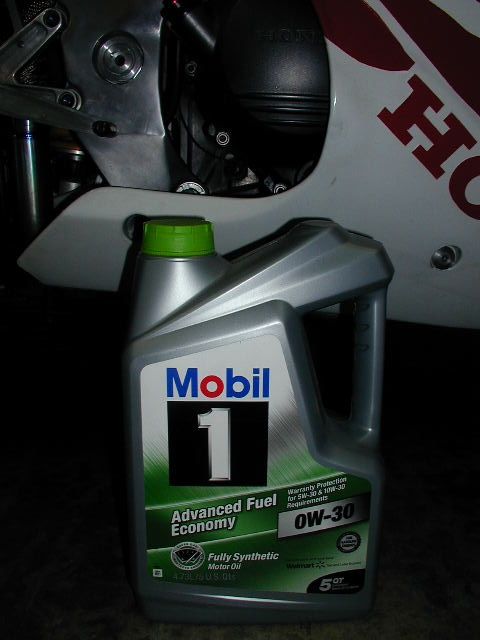On my 2013 F6B (1800 cc Goldwing) I'm currently running Rotella T6 5W-40. No problems, the oil is reasonably priced and the bike does not use any. Currently 19,000 total miles.
I have some Amsoil 15W-40 synthetic on hand. It's labeled "API CJ-4 Plus". The Rotella is JASO-MA rated. My question is: Is the Amsoil is suitable for the bike?
I will say I'm not sure if I would use it now. I started reading in this forum last weekend. The more I read the more I wondered if a 0W-30 (synthetic and off the shelf preferably) might not be more suitable. I live in Middle Georgia and will see high temps here and out west this summer.
Thanks in advance for any comments/suggestions. I hope to keep this bike for a long time.
I have some Amsoil 15W-40 synthetic on hand. It's labeled "API CJ-4 Plus". The Rotella is JASO-MA rated. My question is: Is the Amsoil is suitable for the bike?
I will say I'm not sure if I would use it now. I started reading in this forum last weekend. The more I read the more I wondered if a 0W-30 (synthetic and off the shelf preferably) might not be more suitable. I live in Middle Georgia and will see high temps here and out west this summer.
Thanks in advance for any comments/suggestions. I hope to keep this bike for a long time.




